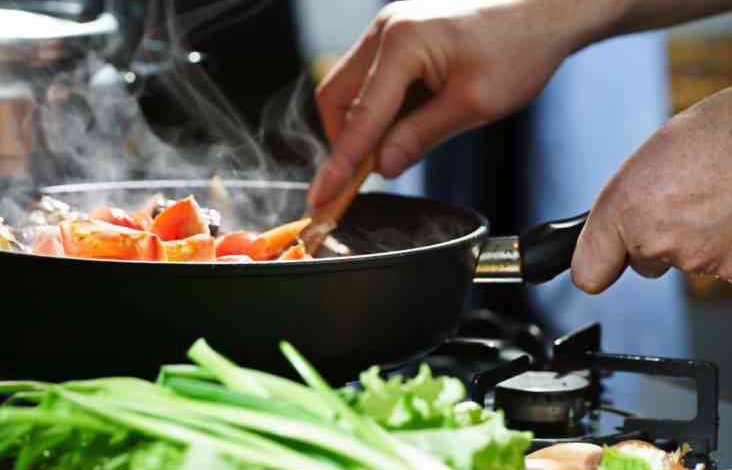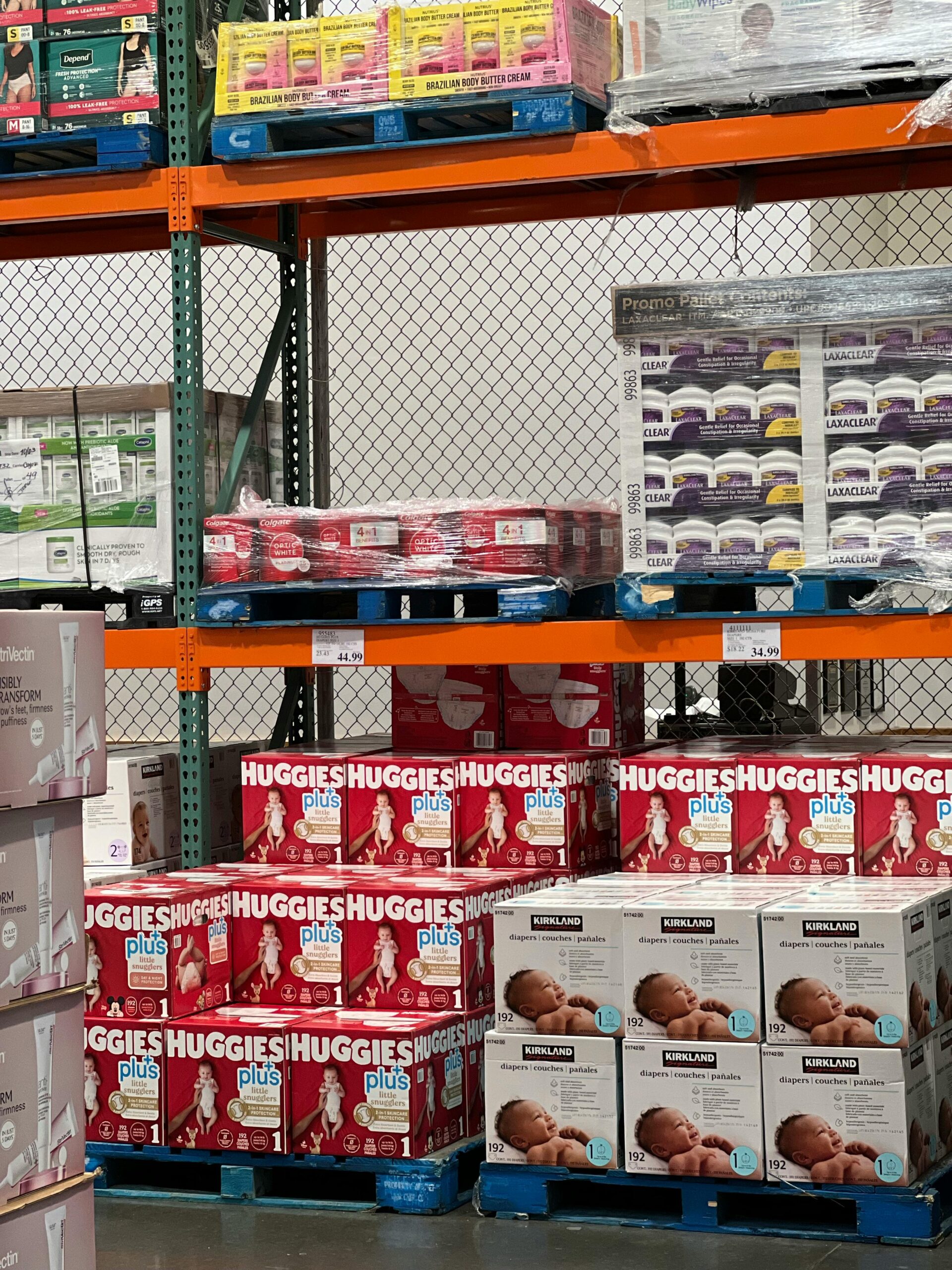How to minimize dangers of non-stick cookware
Non-stick cookware are so convenient – easy to clean, uses up less oil and ensures the food is cooked to perfection. However, concerns have been raised on the health implications

Non-stick cookware are so convenient – easy to clean, uses up less oil and ensures the food is cooked to perfection. However, concerns have been raised on the health implications of the substance used to coat non-stick cookware, known as Teflon.
While Teflon is stable in low temperatures, it can break down when exposed to temperatures higher than 300°. To prevent this and generally increase the lifespan of your non-stick cooking ware, pay heed to these simple steps:
Only use them for simple cooking – Use them for sauteing, stir-frying and cooking that generally does not require them to be exposed to the heat for too long. Such cooking usually requires low or medium heat. Use alternatives like stainless steel for more complex cooking.
Avoid pre-heating the pans because the resulting high temperatures will cause the Teflon to break down and release toxic chemicals both into the atmosphere and into your food. These toxic fumes can cause momentary illness and have also been linked to lung diseases.
Use non-metal cutlery when using the non-stick wares – Metal utensils scrap the bottoms and sides of the non-stick cooking wares, hence peeling the coating. Once this happens, it gets even easier for the Teflon to break down with consistent cooking. Use melamine or wooden utensils instead.
Wash gently – Most of us have been brought up in households where all cooking pots are given the scrubbing of a lifetime using scouring pads or steel wool/wire. You will have to be gentle with your non-stick pots. Wash them gently with a soft material. After all there isn’t much to scrub anyway, because the food does not stick to its surface.
Do not cook or store acidic foods in your pan as this might also result into degeneration of the coating.




